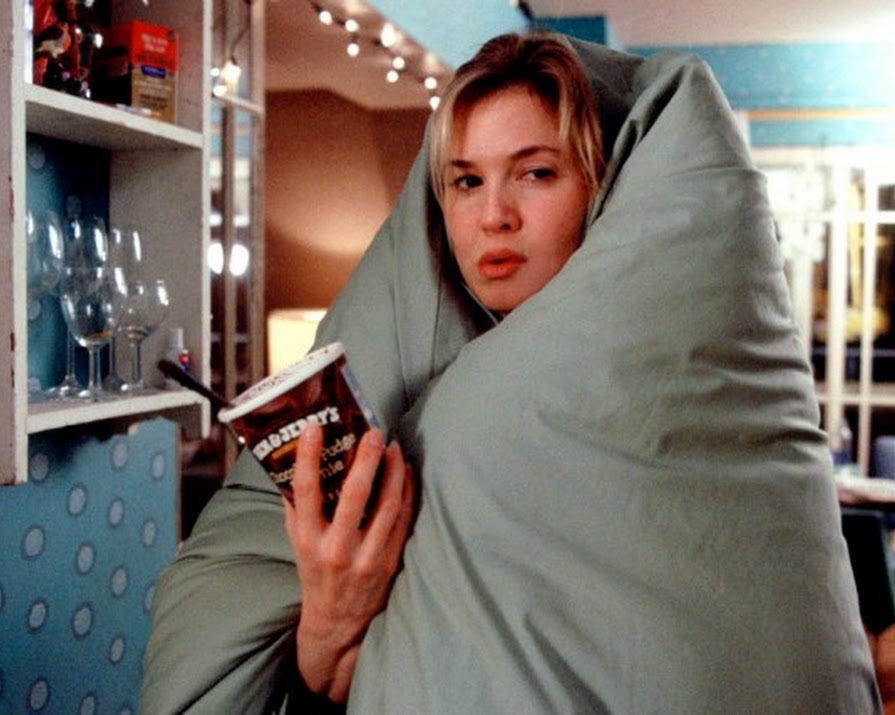By Bill O'Sullivan
28th Jul 2014
28th Jul 2014
Does your friend’s Facebook make you feel inadequate? Your colleague’s Twitter feed leave you worried you’re not working hard enough? You may be suffering from FOMO, and need to wise up to the latest social trend: JOMO. Sarah Waldron explains.
Life is, as a rule, stressful. Benjamin Franklin, a man well accustomed to juggling family, friends and so many extracurricular activities that he was immortalised on the 100-dollar bill, said that the only inevitabilities in life were death and taxes. Then again, Benjamin Franklin didn’t use Facebook.
If we didn’t have enough to worry about without facing our collective mortality or wondering whether after-work drinks could be considered a deductible, we now have to face the crippling social anxiety that comes with having an online presence. Many of us have a Facebook or Twitter account. This writer has not one but two Facebook accounts (personal and business), two Facebook pages for various websites, two Twitter accounts, an Instagram, Pinterest, WordPress, Tumblr and a (mercifully) little-used Snapchat account.
These social media outlets are all home to an onslaught of voices; pictures and texts proclaiming how utterly joyous and magical the lives of others are and, by association, how utterly lacking we must be in the joie de vivre department. This particular form of social anxiety is known as FOMO, or fear of missing out.
We are all guilty of participating in FOMO, whether we feel it while looking at a friend’s perfect new baby, or just her perfect new manicure. We are doubly guilty when we post only the best aspects of our own lives online, ignoring the mundanity of the airport departure lounge for the perfect sandy white beach that awaits at the end of an interminable, claustrophobic flight.

The Social Network? Not a happy movie
There is a counterpoint to FOMO, and it’s deceptively simple. JOMO, or the joy of missing out, has been touted as the new social trend. Stefanie Preissner, a playwright and artist in residence at the Axis Arts Centre, Ballymun with a sizeable social presence, recently switched off Facebook. ?I felt I had to constantly be funny and witty and engaging. It was basically a version of virtually keeping up with the Joneses,? she says. ?The desire to be seen as cool, funny, successful, beautiful, in demand and confident made me silence my troubles until I had no idea how to express sadness, fear, hurt or anxiety without feeling like I was accepting social defeat.?
The temptation to switch off social media is seductive. JOMO is the embodiment of that temptation. However, the thought process behind one of 2014’s biggest buzzphrases has grown steady, reassuring roots in a philosophy that is thousands of years old. What we know as JOMO Buddhist practitioners call mindfulness, or the ability to see and accept the realities of the present moment and resist being taken in by the blatant (if well-meaning) fakery that takes place in all aspects of everyday life – including in your computer screen.
Mindfulness isn’t a religious or dogmatic theory, though. For the past four decades, the notion of mindfulness has been adapted as a secular psychological tool in combating anxiety, depression and stress-related illnesses. Psychological mindfulness – a mix of meditation and cognitive behavioural therapy – has been widely used to treat depression by Britain’s National Health System for a decade. Clinical trials report very favourable results.
Dr Madhav Goyal, who specialises in the effects of stress in illnesses and led a recent study on the benefits of mindfulness at the well-known US medical school Johns Hopkins, says that people misinterpret mindfulness and its meditative aspect as ?just sitting quietly and not doing anything. That is not true. It is an active training of the mind to increase awareness.?
We don’t have to practise mindfulness 24/7 just to feel some benefits. It seems that all of us could make a positive change by going off the social media grid and living honestly in the present moment, even if only for a short period of time. Stefanie has come to a personal conclusion since leaving Facebook and living more in the here and now. ?What is essential to remember is [people with an online presence] too wear masks, the way I do, the way everyone does. So, it’s all false, and the only way to get out of the cycle is to delete it.?

Log off and enjoy life/an episode of The Mindy Project
But, has Stefanie’s life actually become better since she decided to live less in the digital world? ?Undoubtedly,? she says. ?I care less – and that is brilliant. I had way too many people in my life, people I didn’t care about, whose only purpose in my life was as a comparison to how I was doing. I only mind my own business. I have a few very close, very solid friends who I reach out to when I need it, and I find my life a lot simpler without the constant background noise of people’s crap on Facebook.?
She cites the passivity of the keyboard warrior as an incentive to leave. ?To be honest, it became infuriating that people were giving out about everything online and doing nothing … I don’t have that anger now. It’s brilliant. I cannot think of one single thing I am missing by being on that website. Not one.?
Preissner makes an impassioned argument against online oversaturation. If he were alive today, Ben Franklin may well have done the same, favouring the reality of now over the abstraction of a screen. I bet he would have had a great Twitter account, though – FOMO or no.
Sarah Waldron tweets at @The_Licentiate























